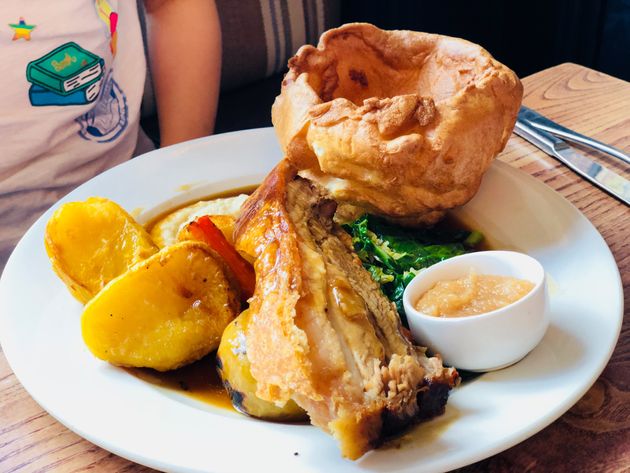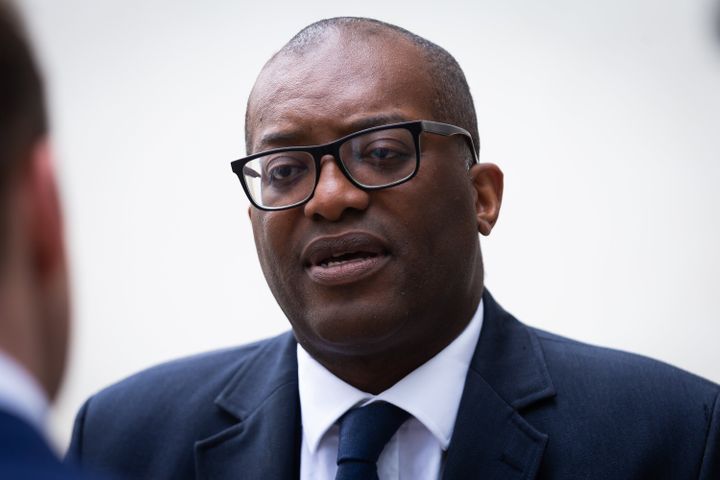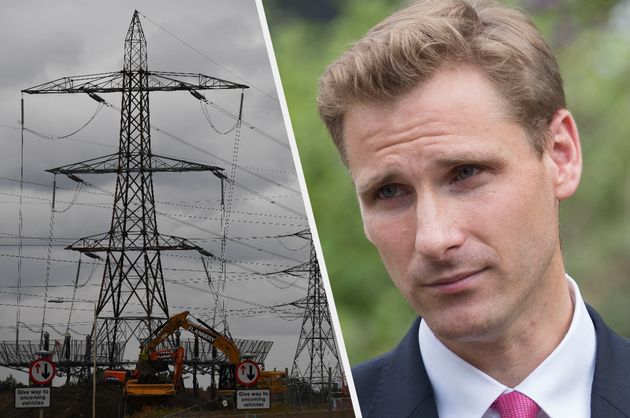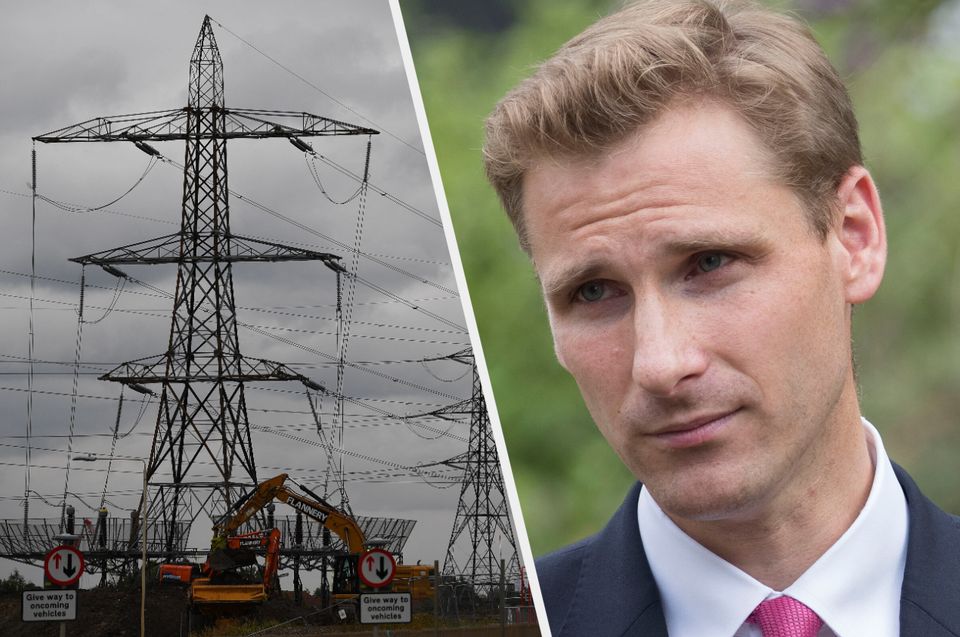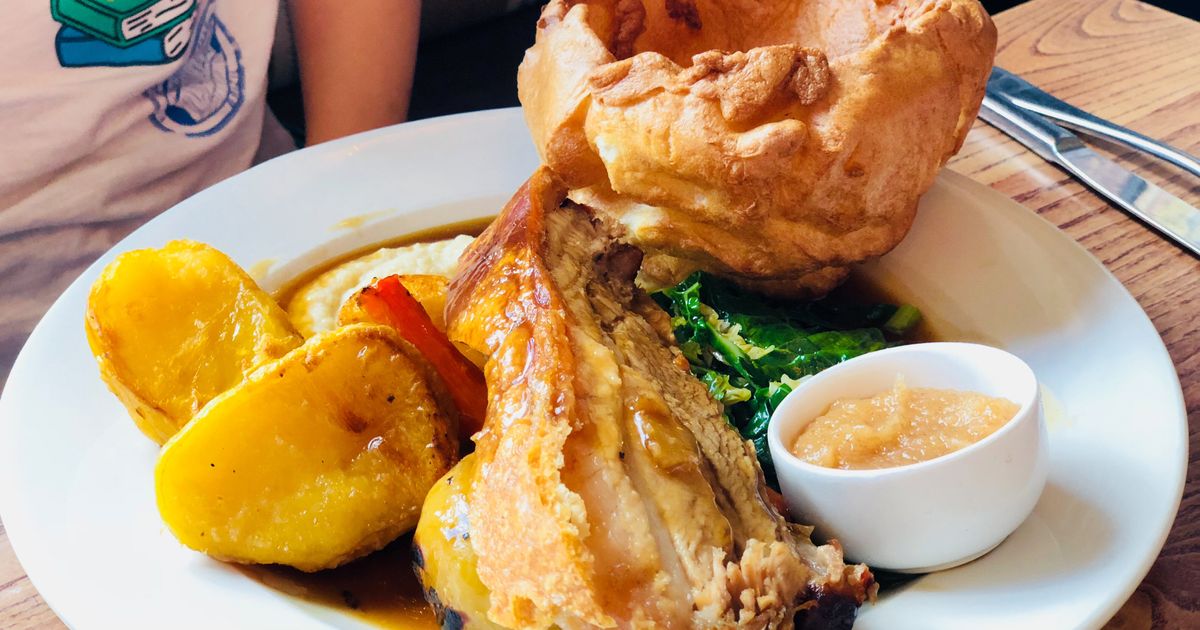
How much thought do you put into how you’re eating what’s on your plate? You might opt to save the best for last – we’re looking at you, Yorkshire puds! – but beyond that, the order in which you eat your food might not really cross your mind.
Well, according to some nutritionists, how we eat can be just as important as what we eat. One study shows that if you eat a meal in a specific order, you can reduce the glucose spike of the meal by 75%.
Advertisement
The concept is built around slowing down the digestion of carbs (which you have last) so as to avoid a massive rise in blood sugar.
So, without further ado, here is the order you should eat your meal (according to experts) in order to boost energy and reduce rollercoaster blood glucose levels.
First up, pack in the fibre
Scientist and author Tim Spector, author of the book Food For Life which explores the science of eating well, recommends starting your meal with fibre and a simple vinegar and extra virgin olive oil dressing – perfect for fans of veggie nibbles and dips.
‘Good’ fibres include whole grains, barley, oatmeal, beans and pulses, nuts and seeds, and fruits and veggies.
Advertisement
We all love a massive bread basket when eating out, but Spector says the quick carbs can cause a rapid increase in blood glucose levels and a high insulin response, leading to a dip in energy later.
According to the British Nutrition Foundation, adults in the UK are recommended to consume 30g of fibre a day but are currently consuming only about 20g a day on average, which shows upping your fibre intake is more important than ever.
A high fibre intake has also been associated with a reduced risk of several conditions including constipation, heart disease, type 2 diabetes and colorectal cancer.
For dieters, getting lots of fibre early in your meal can make you feel fuller and pack in lots of nutrition. Win, win!
Advertisement
Follow up with protein
Next should come your protein and fat sources. General recommendations are to consume 15-30 grams of protein at each meal, and studies show that higher intakes – more than 40g – are no more beneficial than the recommended 15-30g, so no need to pack in as much as possible, even if you are working out.
Why is protein best to eat second? “[It] slows down the release of sugar from carbohydrates into the blood stream, preventing a sugar ‘high’ and then crash – and hunger pangs,” explains TikTok creator and nutritionist, Lovneet Batra.
Save carbs for last
Potatoes, pasta and rice should be the last thing you eat. Why? Because they’re more likely to raise your glucose levels and by eating them last, you’re slowing down how fast they’re digested.
In a fascinating video, Justin (@insulinresistant1) shows how his blood sugar spikes briefly when eating rice first as part of his meal. In a follow up video, he shows how saving his carbs until last reduces the blood sugar spike.
Carbs aren’t the enemy, but for people who have issues like PCOS, insulin resistance, fatigue and type 2 diabetes, it can be helpful to make sure blood sugar is kept as stable as possible, while enjoying the deliciousness of dinner time.
Advertisement

